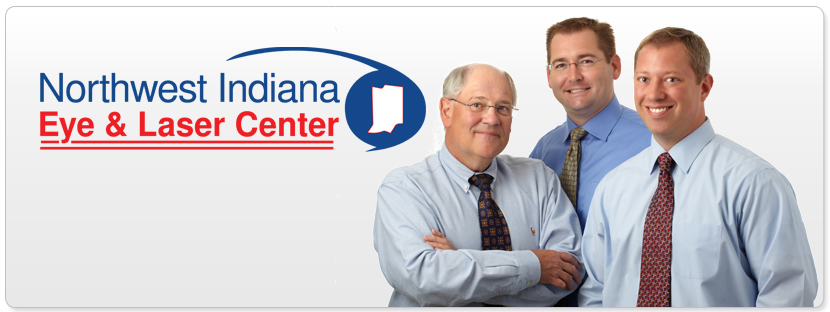Which Kids Are Most
Likely to Have Sports Eye Injuries?
Sports eye injuries are most likely to occur in kids
playing basketball, baseball and participating in cycling according to a study
published in JAMA Ophthalmology. Of the 30,000 annual emergency room visits for
sports related eye injuries the majority happens to kids under the age of 18. Basketball and cycling were the two sports most likely to cause eye
injuries, while 21 percent of baseball and softball injuries resulted in actual
fractures of the bones around the eye, which often require surgery to repair. Research has shown that wearing sports appropriate protective eyewear
can significantly reduce the incidence of sports-related eye injuries. We
have witnessed that when appropriate eyewear is available-even if not mandatory-top-performing
athletes frequently choose to wear it. Wear protective eyewear! The message is
clear for sports participants, parents and sports program organizers.
If you or someone you know plays sports recreationally or competitively, take the time to select proper sports protective eyewear to avoid the risk of sports eye injury. Please call Northwest Indiana Eye & Laser Center at 219-464-8223, or visit Northwest Indiana Eye & Laser Center, Google+ or facebook.com/nwindianaeyeandlaser.
If you or someone you know plays sports recreationally or competitively, take the time to select proper sports protective eyewear to avoid the risk of sports eye injury. Please call Northwest Indiana Eye & Laser Center at 219-464-8223, or visit Northwest Indiana Eye & Laser Center, Google+ or facebook.com/nwindianaeyeandlaser.
Northwest Indiana Eye &
Laser Center offices are located at 502 Marquette Street, Valparaiso, Indiana
46383 and 1001 South Edgewood Drive, Knox, Indiana 46354.
